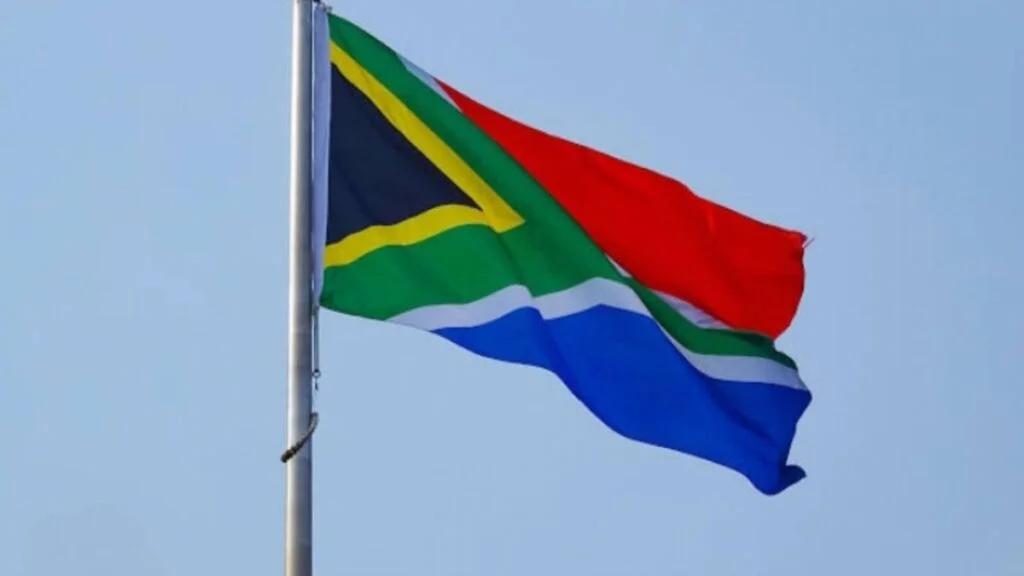South Africa plans to take enforcement action against crypto exchanges operating without a license by the end of 2023.

According to Financial Sector Conduct Authority (FSCA) commissioner Unathi Kamlana, the organization has received about 20 license applications since its recent launch and anticipates receiving more before the deadline of November 30, according to Bloomberg.
According to the report, Kamlana also stated that the regulator aims to take “enforcement action,” which may include fines or the closure of noncompliant businesses, if cryptocurrency exchanges continue to operate without a license after the deadline.
According to the report’s citation of Kamlana, establishing a regulatory framework for cryptocurrency goods is a prudent course of action given the possibility of serious harm to financial clients.
He also acknowledged the need for time to assess the impact of the measures and pledged continued cooperation with the sector to develop and bring about the required adjustments.
With this move, South Africa becomes the first nation on the continent to require licenses for digital asset exchanges, as regulators and legislators around the world continue to tighten rules on the industry.
The action has an impact on a number of significant trading platforms with South African roots, notably Luno, owned by Digital Currency Group, and VALR, financed by Pantera Capital.
Global platforms operating in the nation, like Binance, will also require permits. An FSCA representative stated that, with the exception of crypto miners and NFT service providers, anyone offering financial services involving crypto assets must get authorization.
The competent authorities may take regulatory action if this criteria is not met, which is a breach of the law. With the help of a “inter-governmental fintech working group” made up of significant financial industry regulators and decision-makers, such as the National Treasury and the South African Reserve Bank, the FSCA has been involved in crypto and fintech regulations.
Increased regulation is a tendency that is not exclusive to South Africa. The Monetary Authority of Singapore said on July 3 that cryptocurrency service providers in the nation must transfer client money into a statutory trust by year’s end for safekeeping. This decision underlines a trend toward stricter regulation of the cryptocurrency industry on a global scale.
